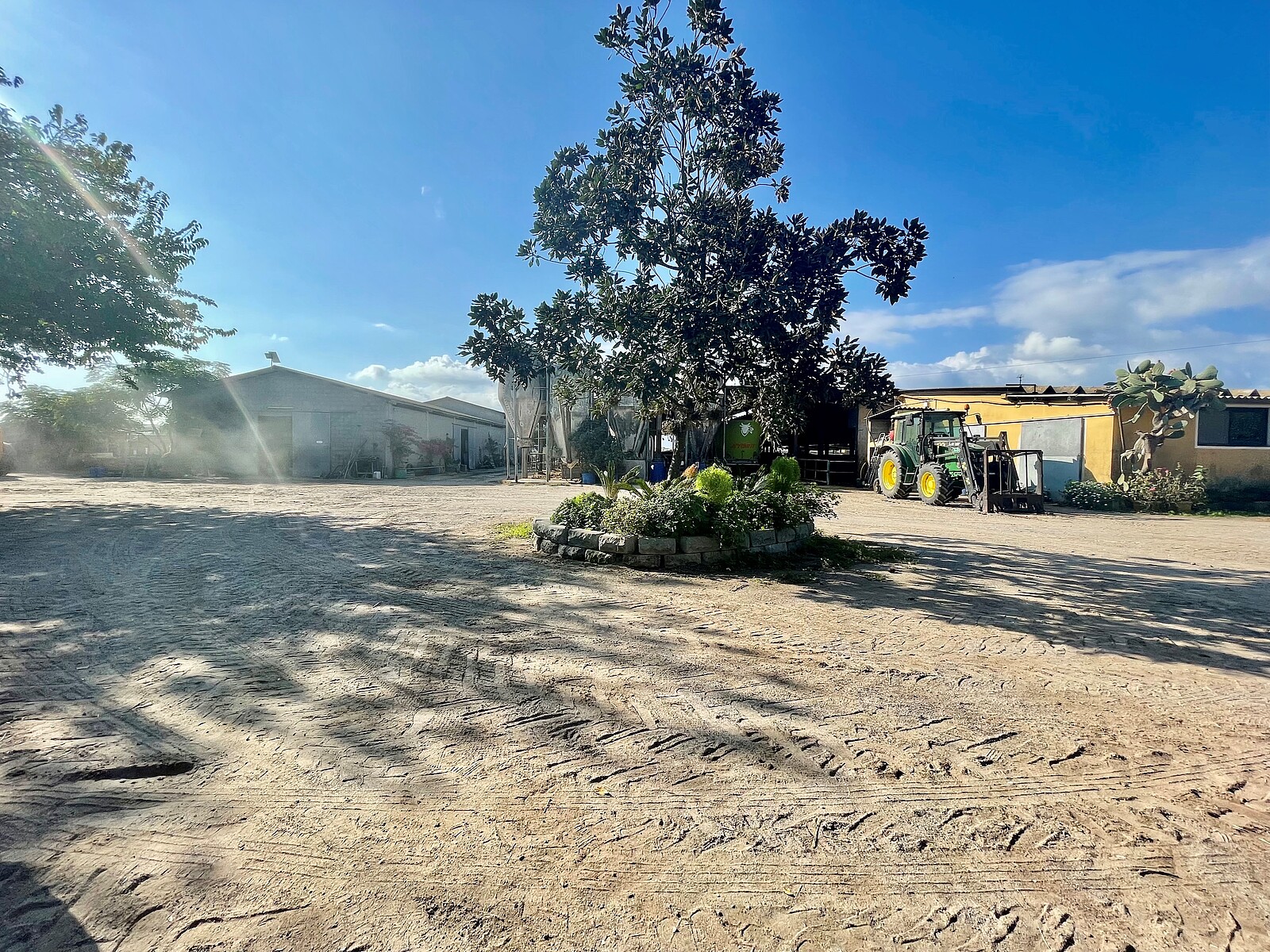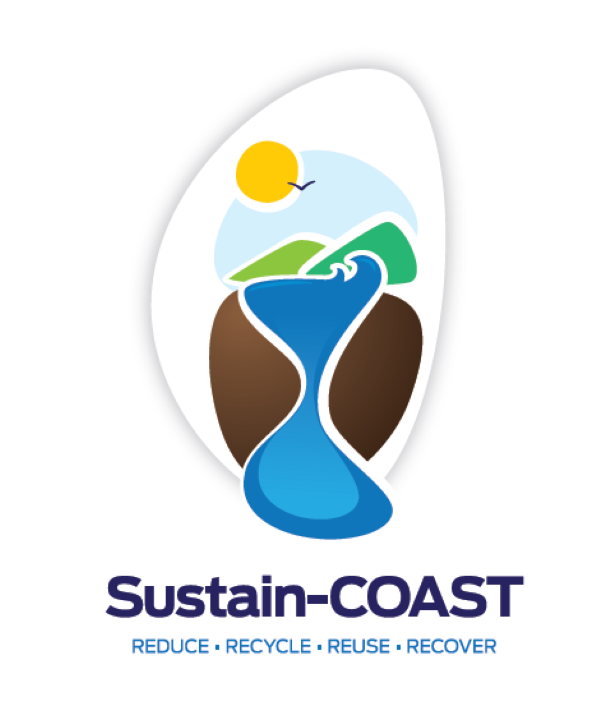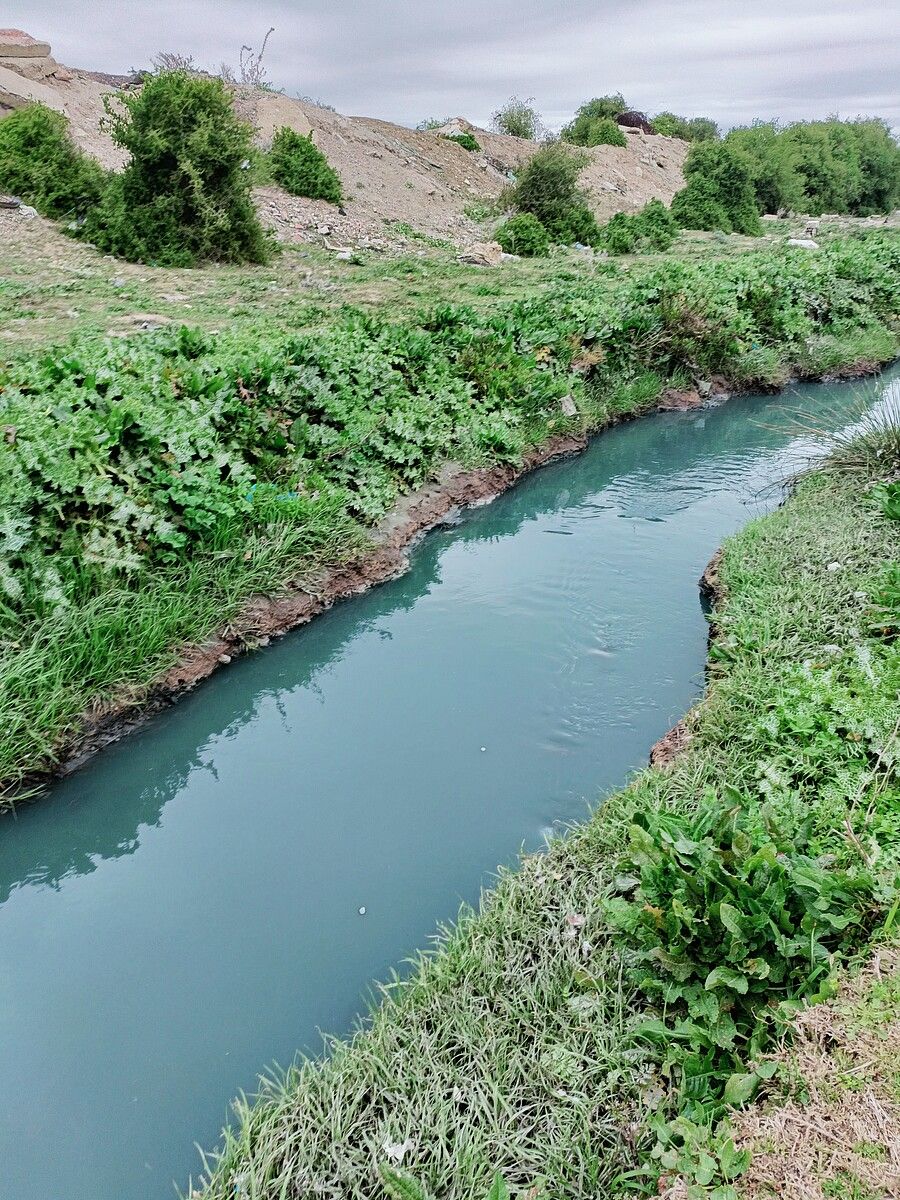Project description
Sustain-COAST was designed to explore innovative governance approaches of coastal aquifers among multiple water users and beneficiaries, under the uncertainties posed by the changing climate conditions, in four Mediterranean countries.
Sustain-COAST was an R&I project co-funded under the PRIMA 2018 programme section II, for a period of 3 years starting from June 2019. Sustain-COAST consortium was led by the technical university of Crete (TUC) and was composed of a multidisciplinary team from six countries.
Sustain-COAST intended to develop a calibrated multi-criteria decision supporting system (DSS) and a web Geographical Information System platform accessible for water stakeholders and policy makers. The DSS and platform, combined with a specific animation activity allowed:
The engagement of social actors in a learning process around water issues at catchment scale based on visualization of interactive thematic maps.
The use of advanced technologies and tools, such as optical sensors and remote sensing capacities for a participatory monitoring of water.
The use of calibrated numerical models for the time-space simulation of water quantity and quality progress.
 image legend
image legend
Even though various measures were taken by the administrations and agencies of the MED countries to promote a more integrated and sustainable management of coastal water resources, various management weaknesses persist in some European countries (e.g., Greece and Italy) and associated states such as Tunisia and Turkey. These four countries sought to contribute to improve MED coastal water resources governance through Sustain-COAST’s collaborative research, designed to explore on the field, systemically and with innovative integrated approaches, a wide range of situations under the dynamic changes of socio-economic and environmental contexts and identify suitable and field-tested pathways for improving water management and governance in the MED basin.
The Sustain-COAST implementation plan was applied to 4 real sites in Italy, Greece, Tunisia and Turkey to produce scientific and practical evidence of how to bridge the gaps towards more efficient water governance far beyond the project duration. A multi-stakeholder platform involving relevant actors, based on participatory and interactive sessions (Living Labs) was be designed and implemented in each case study.
Sustain-COAST pillars relied on the identified strengths in each of the analysed contexts and to deconstruct weaknesses through facilitated social learning processes, to enable stakeholders to improve their response-ability to environmental, climate and economic pressures.
The Euro-mediterranean Water Information System on know-how in the Water Sector (EMWIS) was in charge of dissemination and communication strategy, developing innovative communication pathways and dissemination materials to share the results of the project with the multi-stakeholder platforms and the wider society and end-user community.
The Sustain-COAST consortium includes 7 partners from 6 countries: Technical University of Crete (TUC) (Greece), Centre for Environmental Research (UFZ) (Germany), Euro-Mediterranean Information System on know-how in the Water sector (SEMIDE), Strasbourg University (UNISTRA) (France), University of Sassari (NRD-UNISS) (Italy), Water Research and Technologies Center (CERTE) (Tunisia), Mersin University (MEU) (Turkey).


